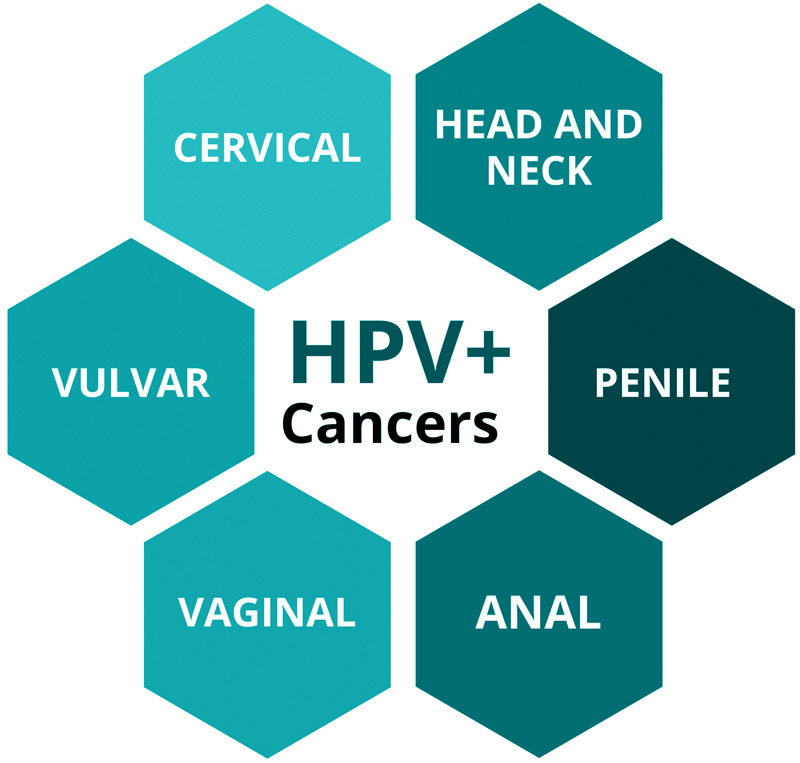The TIGER project is developing an mRNA-based vaccine to target cancers caused by the Human Papilloma Virus (HPV).
Cancer affects 1 in 3 Europeans, with a new case diagnosed every 9 seconds. Cancer now kills 1.9 million people a year in Europe, according to World Health Organisation data. This creates a devastating societal burden for our health systems and economies. Without action, cases are predicted to double by 2035.

HPV worldwide
Despite many advances in cancer treatments cancer still accounts for nearly 15% of all deaths worldwide. Almost 5% of global cancers are caused by the HPV. This is estimated to be 630.000 new cases annually, 87,000 of these cases are in the European Region. Many of these HPV+ cancers are hard to treat and patients currently have poor outcomes.
Fifteen high-risk cancer-causing HPV genotypes have been found and the HPV16 and HPV18 subtypes are responsible for over 70% of HPV-induced cancers. These cancers include carcinoma of the cervix and squamous cell carcinoma of the vagina, vulva, penis, anus, rectum, and oropharynx including head and neck squamous cell carcinoma (HNSCC). Most HPV-related cancers are called squamous cell carcinoma because the HPV infects the thin flat squamous cells that line the inner surfaces of these organs.
HPV+ Cancers – A useful target for immunotherapy

Virus-associated cancers are ideal candidates for immunotherapy because of the consistent presence of foreign antigens in comparison to non-viral cancers. The potential of HPV to cause cancer is largely derived from the combined effect of HPV proteins E6 and E7. Persistent expression of these oncoproteins drives transformation of cells to become malignant in HPV16 related cancer. The effectiveness of the body’s own cancer fighting tumour-suppressor proteins p53 and pRb, is also reduced. The cancer causing cells are then able to continue to divide and grow. Since the viral E6 and E7 proteins are foreign, the available T-cell repertoire has not been subjected to central tolerance (Wang et al., 2018). The TIGER immunotherapy has been designed to recognise the foreign viral antigens and stimulate the body’s immunoresponse, effectively teaching the body to fight the cancer.
Human Papilloma Virus (HPV) and cancer
The Human Papilloma Virus is a common grouping of over 100 viruses, of which at least 14 cause cancer. HPV is now the most common sexually transmitted disease, transmitted through skin to skin contact. In most cases the immune system is able to control HPV infections and these infections do not cause cancer. But in 10-20% of cases when high-risk HPV infections are not successfully controlled, the infection can persist leading to cell changes and if left untreated can lead to disease progression and invasive cancer.
Public health driven vaccination programmes are now highly effective at reducing new infections but these preventive measures are not effective against pre-existing infection. Few countries have achieved vaccine coverage above 50% of population and despite vaccination programmes there are an estimated 14 million new HPV infections globally each year.
Researchers predict that prophylactic vaccination against HPV would only reverse the trend in HPV+ related HNSCC incidence after 2060. This suggests HPV+ cancers remain a long-term health issue (Gillison et al., 2015).
HPV is a common virus that affects men and women
%
